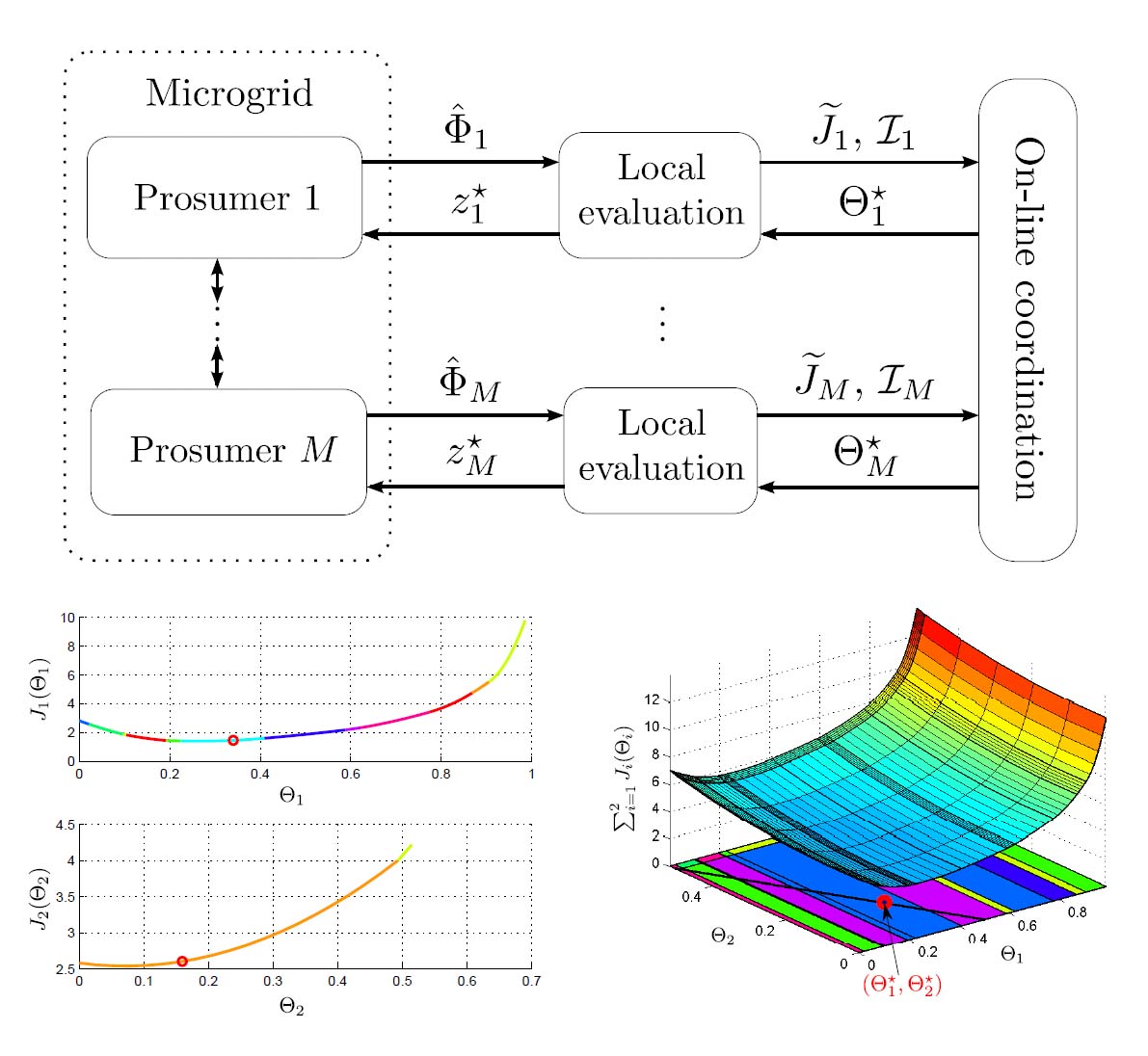Optimal microgrid coordination via parametric optimization
master thesis, 2016.

Ever increasing integration of renewable energy sources into the electric power grid and their variability demands networks of local character utilizing advanced control algorithms. Microgrids, defined as objects consisting of locally coupled generators and loads with well defined electrical boundaries and capacity to work independently from the grid, are the most common model used to implement new generation power networks.
This work presents a method to control power flows within the microgrid using model predictive control. Unique structue of coordination parameters enable an efficient use of parametric solutions of partial problems posed for individual network components, which drastically lowers global solver time requirements.
Quadratic criterion function enables implementation of well adjusted algorithms (Breakpoint Search and Variable Fixing) used to solve continuous quadratic knapsack problem. Global micrigrid-wide problem is defined piecewise along n-dimensional hyperrectangles allowing simple iterative solution method. However, problem structure is best utilized by the single-shot method. Capabilities of the described control method are tested using several scenarios of generator to load power proportions as well as day-long and week-long power profiles in order to properly test short and long term phenomena of the microgrid system that are caused by changes in load and generator power levels.
Keywords: microgrid, hierarchical control, parametric programming, model predictive control, continuous quadratic knapsack problem, breakpoint search algorithm, variable fixing algorithm, single-shot method, iterative method



 Pristupačnost
Pristupačnost